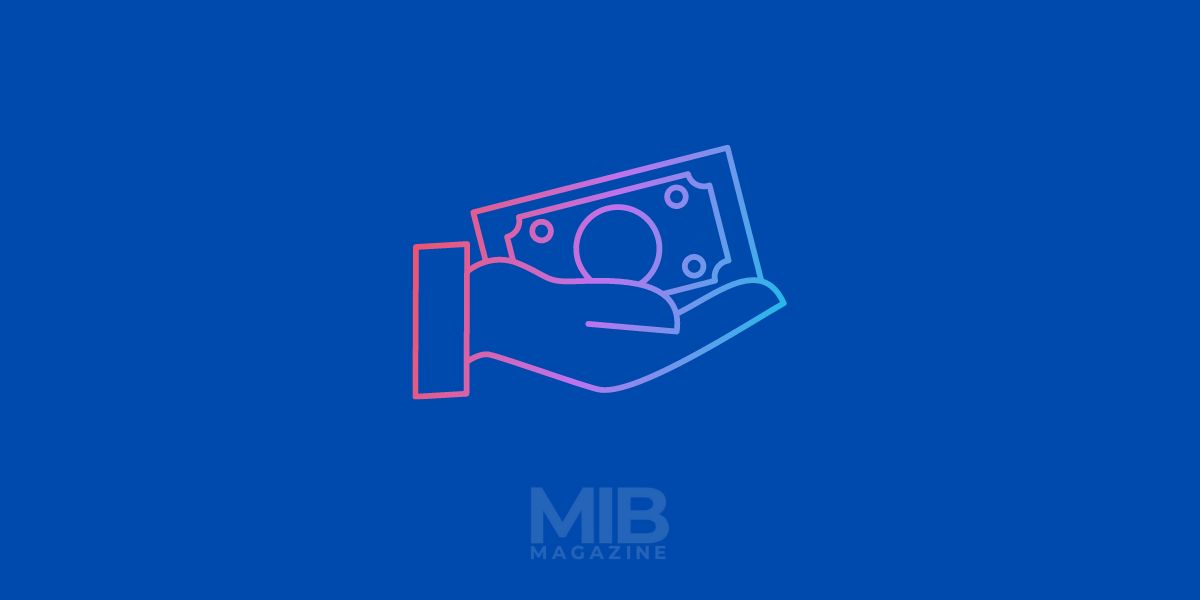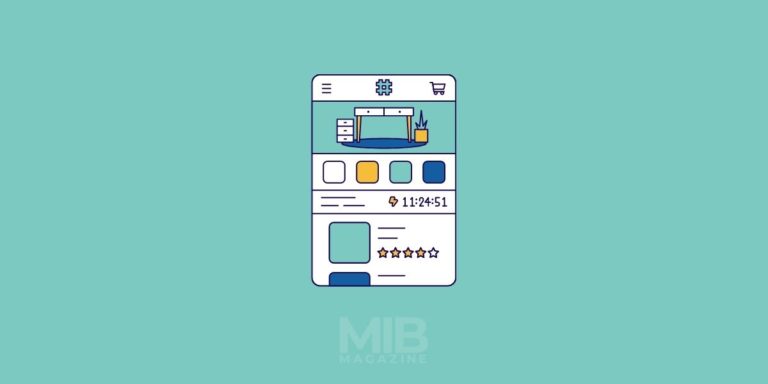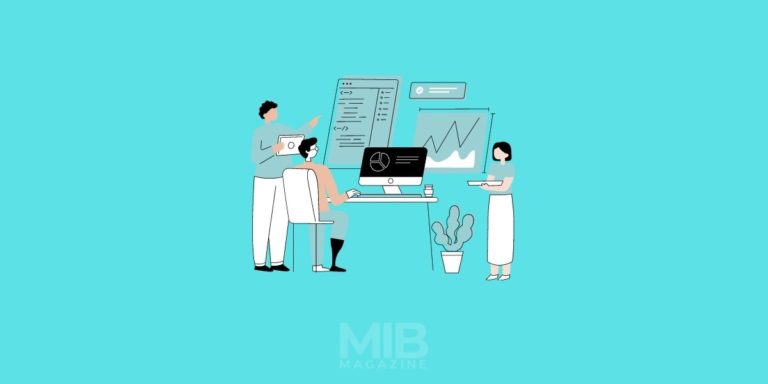What To Do When Your Small Business Loan Is Denied?

Poor credit history, lack of collateral, tight cash flow, lack of preparation, poor debt-to-income ratio and, time in business are a few stumbling blocks when it comes to getting a loan. Many entrepreneurial aspirations are crashed when a loan is denied since without capital you just get stuck in a rut.
No matter how good your business plan and strategy are; without the necessary capital, you’ll have a hard time running your business. You might not possess the required capital or your business might be facing a financial emergency; each of these situations calls for a loan; and when the loan is denied, it might make any entrepreneur lose morale. There are chances that you start questioning your whole idea and lose the confidence and zest you started your venture with.
But it doesn’t have to be so! Remember this wasn’t the last resort! There are alternatives to everything in the world. Basically; You do not have to stop. Here is what you should do when your small business loan is denied.
A] Get more information from the lender
First things first, find out the true reason for loan denial. Most entrepreneurs start doubting their business ideas and start making assumptions. Negative assumptions can fill you with guilt and take away your confidence as a businessman. Instead, you can always ask your lender and get as much information as you can from them about the loan denial. It’s natural to fear – what if the worst-case scenario you imagined is the true reason? When you enter the business world you must be able to confront your fears. Mistakes are inevitable but when you know your shortcomings, you can actually do something about them.
Find out why exactly was your loan denied and what you could have done to avoid the denial. The information might not be pleasing but it will definitely guide you in the right direction. You can quickly fix the issue so you have a better standing. You will also have a clearer idea when you apply for the next loan or any other loan.
B] Find a business mentor
Mentors are crucial in everything you pursue. Especially when it comes to businesses; most entrepreneurs follow the path their predecessors laid down for them. Business is a risky venture and has immense competition. If you want to thrive, you need the assistance of someone who already knows the ins and outs of the business.
Having a mentor can help you determine beforehand if your application for a loan is strong enough. They can tell you about your shortcomings and how you need to do things differently.
But if your business loan is denied; we are certain you didn’t have a mentor and if you did, they were not a good one. Finding a good mentor is no easy task but when you have a network, you can easily find one. You can begin by looking at people who you have a good cultivated relationship with like your boss.
If you’re really lucky, you might come across a venture capitalist who is not only ready to invest time but also money in another investor.
Additionally, there are several firms today that assist you with investor relations. Leveraging their expertise, they help you communicate your story well and pave your path to the most relevant stakeholders. Utilizing IR strategies and their comprehensive advisory services, they elevate your business’s profile by building and maintaining a positive investor sentiment.
C] Find other financing options
Once your lender lets you know why your loan was denied, you can take your time to figure out if you are applicable for any other kind of loan. You can get a flexible SBA loan from a firm that is aware of how difficult it is for small companies to secure funding. The flexible loans can be customized depending on the amount of cash you need, and the term length desired. You can also choose an SBA loan with low interest rates and support.
Apart from these, there are innumerable options like peer-to-peer lending, crowdfunding and so on that go beyond the traditional small business loans.
You can also try to find investors, funding partners, or save up through a side hustle.
Being denied a business loan is no fun. It can be intimidating, disappointing and may seem like the end of the path; a forever doom for your business plan. We understand your sentiment. A loan is important but it is not everything. When one door is closed, we look for others; use the same strategy when dealing with a loan denial and you will soon find a relevant loan for you. Most importantly; never lose hope and never hesitate to enquire about the denial since without that you won’t be able to make modifications and proceed.
FAQs
Common reasons for small business loan denials include insufficient collateral, poor personal credit, lack of business experience, inadequate business plan, inadequate cash flow, insufficient income, lack of industry experience and/or overall insufficient business data/information.
Yes, you can appeal the decision if your small business loan is denied. You may want to discuss your appeal with the lender and see if it’s possible to alter your application in order to meet the lender’s criteria.
Yes, there are a few steps you can take to increase the chances of your small business loan being approved, such as improving your credit score, providing strong collateral, writing a convincing business plan, and demonstrating profitability and cash flow.
Before you apply for a small business loan, make sure you have done your research and understand the different loan options available. You should also prepare all necessary documentation and application materials and check that your business plan is up to date.
If your small business loan application is denied, you may want to explore other financing options such as personal loans, lines of credit, and online crowd funding platforms.
Yes, you can contact the Small Business Administration (SBA) for guidance on how to prepare and submit a successful small business loan application. You can also consult with a financial or legal advisor for additional advice.
You will need to provide personal information, such as credit history, bank statements, tax returns and financial statements. You will also need to provide business information such as business plans, invoices, and any other documents that show the viability of your business.
It typically takes a few days to weeks for the lender to make a decision on your small business loan application.
Yes, a poor credit score is likely to lead to the denial of your small business loan. Therefore, it is important to have a strong and healthy credit score before applying for a loan.
You will need to provide personal information, such as credit history, bank statements, tax returns and financial statements. You will also need to provide business information such as business plans, invoices, and any other documents that show the viability of your business.






